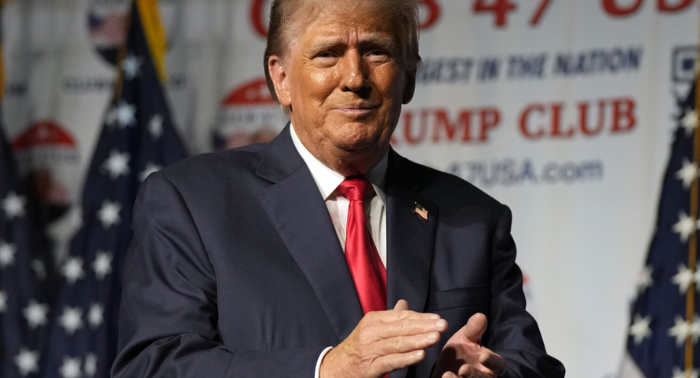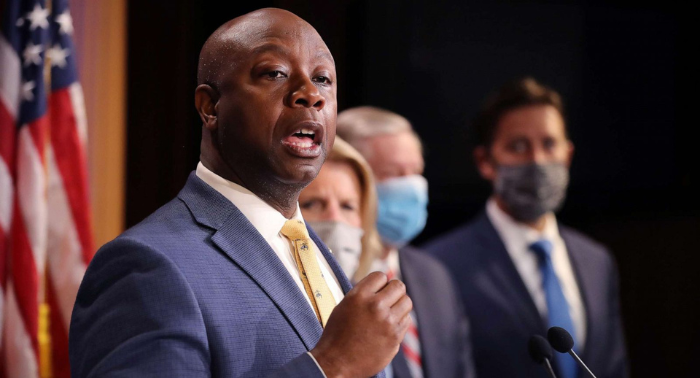In a recent development in Colorado, a judge has declined former President Donald Trump’s effort to have a lawsuit against him dismissed. The lawsuit aims to prevent Trump from appearing on the state’s ballot.
The former President’s legal team cited a Colorado statute designed to protect individuals from litigation due to their exercise of free speech rights. They believed this should protect Trump from this particular lawsuit. However, Colorado District Judge Sarah Wallace determined that this specific law wasn’t relevant in the given circumstances.
Judge Wallace also noted that the aforementioned law seemed to clash with another state stipulation. This stipulation mandates a swift resolution to queries about a candidate’s eligibility before a deadline set for January 5, for the names of presidential hopefuls to be officially recognized for the Colorado primary.
The group, Citizens for Responsibility and Ethics in Washington, asserts in its case that allowing Trump on Colorado’s ballot might contravene the 14th Amendment. This amendment restricts individuals who have participated in “acts of insurrection” against the Constitution from assuming office.
Donald K. Sherman, the group’s main legal representative, praised Judge Wallace’s recent decision, describing it as thorough and judicious. As of Thursday, Geoffrey Blue, a Denver-based lawyer representing Trump, had yet to offer any comments on the matter.
This Colorado lawsuit is among several others from various states which challenge the old Civil War-era constitutional amendment. The chances of this issue escalating to the U.S. Supreme Court seem plausible, especially given similar cases in Minnesota and Michigan.
These cases also touch upon one of Trump’s defenses in criminal cases filed against him in both Washington, D.C., and Georgia. These pertain to his efforts to challenge the 2020 election results. Trump’s defense posits that he’s being penalized for merely expressing his free speech rights to question the vote count’s authenticity.
A significant aspect of the Colorado case will interpret the term “insurrection” within the 14th Amendment’s context. The central issue is whether it only pertains to acts of war against the U.S. or if it can be associated with Trump’s alleged incitement of the crowd that confronted the U.S. Capitol on January 6, 2021.
The defense team for Trump refutes the notion that his actions during the 2020 election aftermath can be labeled as insurrection. They further contend that the 14th Amendment would necessitate a Congressional action for implementation and doesn’t pertain to Trump regardless.
Notably, in a document filed on October 6, Trump’s attorney, Blue, drew attention to the nuanced distinction between the presidential oath to “preserve, protect and defend” the Constitution and the 14th Amendment’s reference to oaths to “support” the Constitution. Blue emphasized that while both commitments are significant, the framers of the 14th Amendment didn’t design it with the President in mind.
The court case determining Trump’s qualification for the Colorado ballot is set to commence on October 30.




